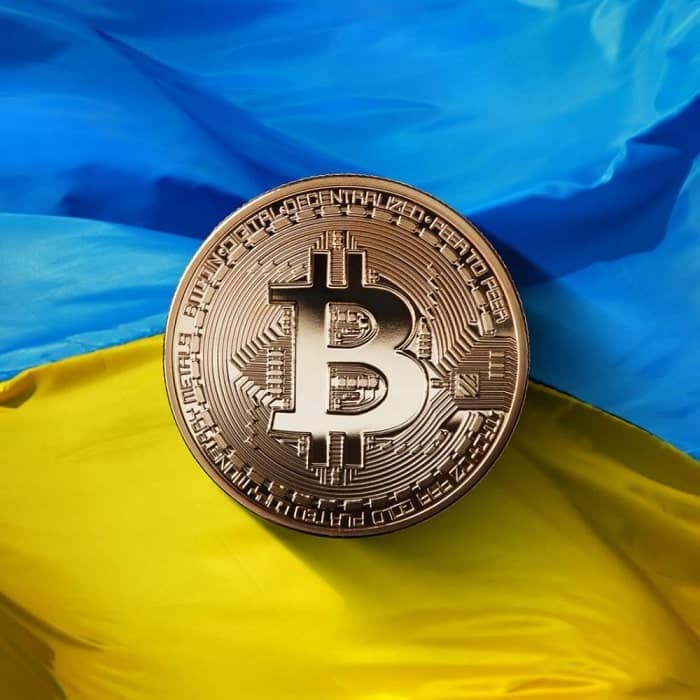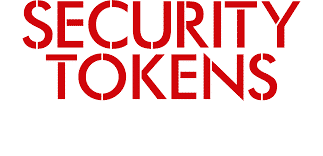3075Views 0Comments

‘Crypto Mom’ Hester Peirce Says Delay in Crypto Regulation Will Offer More Liberty for Technology
Hester Peirce, one of the five commissioners at the U.S. Securities and Exchange Commission (SEC) said that the delay in establishing crypto regulation might offer more liberty for the industry to move its own. She is widely known as the “Crypto Mom” who speaks of the disruptive role of cryptocurrencies. She stated her disagreement over the SEC’s decision to reject a Bitcoin exchange-traded fund (ETF) which was a suggestion proposed by the Winklevoss twins, by commenting at the University of Missouri School of Law upon the issues of state regulation.
Peirce said while discussing the present delays in delivering a more clear legal framework for cryptocurrency:
“We might be able to draw clearer lines once we see more blockchain projects mature. Delay in drawing clear lines may actually allow more freedom for the technology to come into its own.”
“If we act appropriately, we can enable innovation on this new frontier to proceed without compromising the objectives of our securities laws — protecting investors, facilitating capital formation, and ensuring fair, orderly, and efficient markets,” said by her.
Heister Peirce noticed that the process of regulating a new industry might be prolonged and said notably that SEC must act accordingly in order to allow the industry to evolve without bargaining the present laws.
She said over-regulation might sometimes take place, on the other hand. She believes that sometimes SEC becomes too hesitant while dealing with crypto projects. She added:
“We rightfully fault investors for jumping blindly at anything labeled crypto, but at times we seem to be equally impulsive in running away from anything labeled crypto. We owe it to investors to be careful, but we also owe it to them not to define their investment universe with our preferences.”
She concluded that the U.S. Congress might settle uncertainty that is relevant to cryptocurrency. For that, it will just require that some digital assets treated as a separate asset class.

